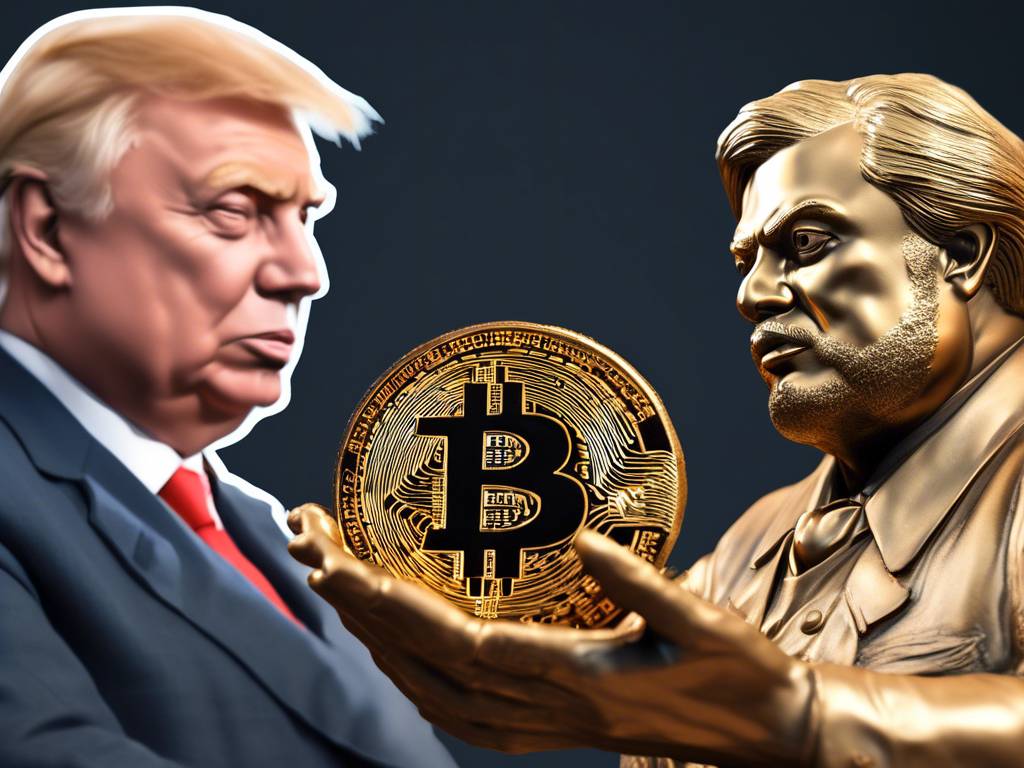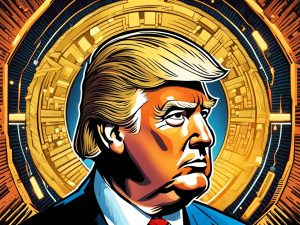Empowering Individuals Through Bitcoin: A Game-Changer in the Fight Against Authoritarian Regimes
Amidst geopolitical tensions and struggles for freedom, Bitcoin emerges as a potential game-changer in empowering individuals living under oppressive governments. Alex Gladstein, Chief Strategy Officer of the Human Rights Foundation (HRF), sheds light on the transformative power of Bitcoin in promoting freedom, privacy, and financial sovereignty.
The Principles of Bitcoin vs. Autocratic Control
Gladstein’s analysis focuses on Bitcoin’s core principles, which starkly contrast with the control exerted by autocratic regimes. He highlights three key traits that every dictator fears:
- Censorship
- Confiscation of assets
- Closed capital markets
The Benevolence of Bitcoin
Bitcoin offers a beacon of hope for citizens seeking to reclaim their rights in countries like China and Russia. Its decentralized nature, supported by the Proof of Work (PoW) blockchain, ensures:
- Free speech
- Protection of personal property rights
- Fostering open capital markets
Bitcoin: A Tool For Liberation
Bitcoin’s potential as a tool for liberation is not just theoretical. Historical examples showcase the cryptocurrency’s pivotal role in supporting dissident movements:
- In 2011, when governmental institutions financially deprived WikiLeaks, Bitcoin emerged as an alternative payment method to support its operations.
- In 2013, Bitcoin facilitated fundraising for Ukrainian protesters during the Maidan revolution, empowering marginalized voices.
The Human Rights Foundation (HRF) views Bitcoin beyond a financial instrument; it sees it as a symbol of sovereignty, privacy, and freedom. The recent adoption of Bitcoin as legal tender in El Salvador further solidifies this perspective.
Countermeasures And Challenges
While Bitcoin is seen as a tool for empowerment, authoritarian regimes like China and Russia are actively exploring the development of their own central bank digital currencies (CBDCs) using blockchain technology. These efforts signal a recognition of the threat posed by Bitcoin to centralized control over financial systems.
As Bitcoin’s global traction increases, its impact on geopolitics and human rights stirs intense debate. While some see it as a means of empowerment, others caution against potential risks and pitfalls. However, one thing remains certain: Bitcoin disrupts the status quo, offering hope to those under authoritarian rule.
Hot Take: Bitcoin’s Role in Upholding Freedom
In a world riddled with oppressive regimes, Bitcoin stands out as a beacon of hope for individuals striving for freedom and sovereignty. Its decentralized nature challenges authoritarian control and empowers marginalized voices to reclaim their rights.





 By
By
 By
By
 By
By
 By
By
 By
By
 By
By